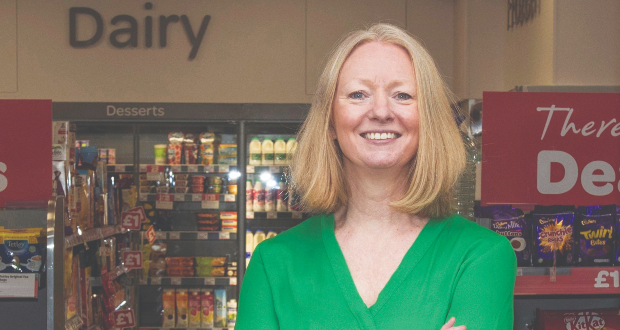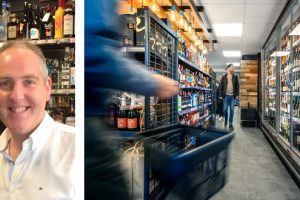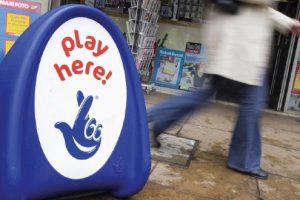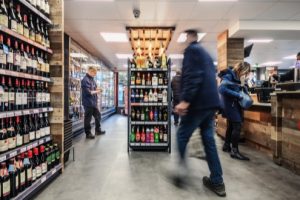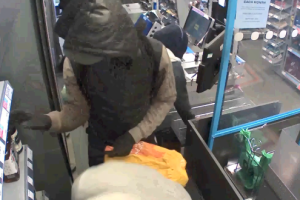Speaking to Independent Retail News in November, Hoste said Spar UK stores were already seeing a 2.1% rise in average footfall and a 3% increase in weekly basket spend. Own-label was up by 6% and the group’s wholesale revenues had risen by 2.3% in the 12 months to the end of August.
Halo effect
“I think that is being driven from people still wanting to shop locally; we’re still seeing that positive halo of local shopping we saw during the Covid period,” Hoste said, pointing to YouGov polling that shows two-thirds of shoppers (66%) now say they prefer to use local shops, up from 63% pre-pandemic.
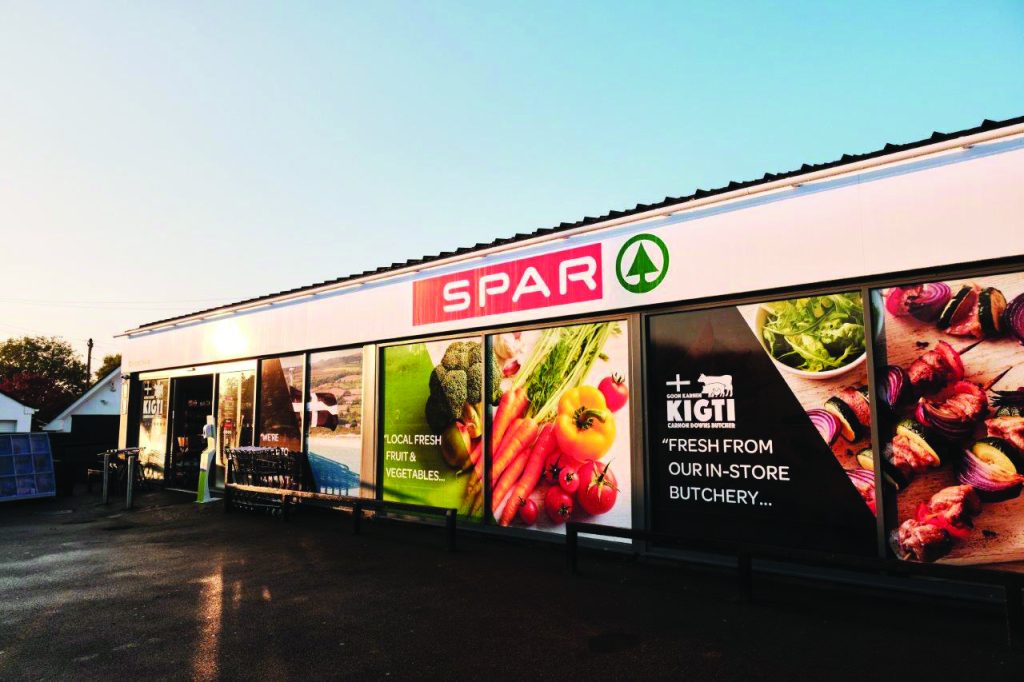 “We have continued to invest in our retail estate and we are making sure we keep that fresh. That has really helped us retain customers,” she added. Spar’s marketing emphasis on “value on your doorstep” during the course of this year had helped cement that relationship, she said, while some of the group’s five regional distributors were also looking to drive value though targeted price promotions and meal deals.
“We have continued to invest in our retail estate and we are making sure we keep that fresh. That has really helped us retain customers,” she added. Spar’s marketing emphasis on “value on your doorstep” during the course of this year had helped cement that relationship, she said, while some of the group’s five regional distributors were also looking to drive value though targeted price promotions and meal deals.
Although Spar stores have seen a slowdown in alcohol sales (and cigarettes) versus the same period last year – when some lockdown restrictions were still in place – Hoste said they were well placed to benefit as consumers looked to rein in their spending once again by eating out less at pubs and restaurants.
“The opportunity for convenience is definitely in food for now, and food for later,” she said. “As customers tighten their belts, there’s an opportunity for us to be a cheaper alternative to eating out if they still want to treat themselves.” New food-to-go initiatives within the Spar network include the trial of the Delish proposition in Northern Ireland – an offer that incorporates more serve-over options such as hand-made burritos, a food that Hoste said was becoming increasingly popular, especially among younger consumers. “It’s step up from hand-made sandwiches,” she said.
King’s Kitchen
Meanwhile in England, Spar retailer Tristan King, who runs six stores in the Midlands, has developed his own food-to-go brand – King’s Kitchen – in partnership with regional distributor AF Blakemore and already has it up and running in five of his outlets. “There’s an opportunity for retailers to create their own food-to-go offer that they can use to really differentiate themselves in the market.”
Building loyalty
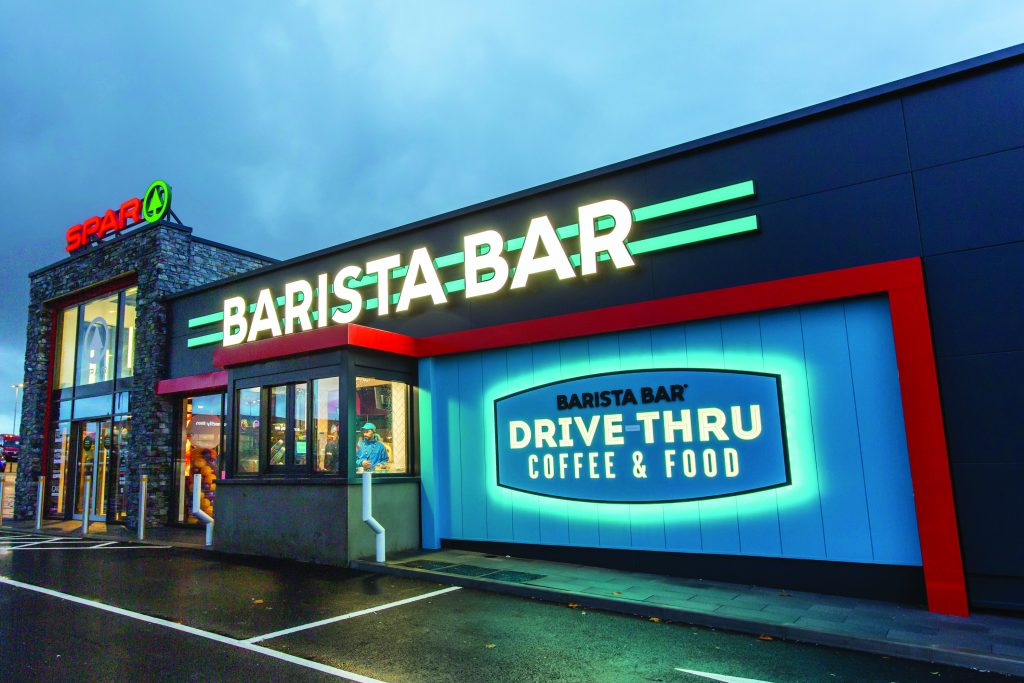 “Food-to-go can build loyalty because it becomes that behavioural habit. Quite often, for example, we find people are coming in to buy their breakfast and are then picking up lunch at the same time.”
“Food-to-go can build loyalty because it becomes that behavioural habit. Quite often, for example, we find people are coming in to buy their breakfast and are then picking up lunch at the same time.”
A further development in food-to-go has seen the Spar Mallusk store in Northern Ireland trialling the first drive-through Barista coffee bar.
One way the group is looking to broaden its appeal to the ‘food-for-tonight’ shopper is through development of its Spar Market format, now live in eight locations, with three more stores in the planning stages.
The most recent opening came at Clavering in Essex, where independent retailer Muru Visana and family have just redeveloped their 4,000sq ft store with big increases in fresh, chilled and food-to-go.
Resilient retailers
Overall, Hoste claims, Spar retailers are feeling undaunted by the prospects of recession and ever-rising costs, a mindset she attributes to the resilience built up during the early stages of the pandemic. “I haven’t heard them say they are feeling squeezed. I think they are looking at it to see what’s the opportunity for us in this market. It’s very similar to the beginning of Covid. That experience taught us to be agile and to look at a situation and say, ‘how can I drive my business through this?’ And with our five wholesalers being quite close to their retailers and with regional people on the ground supporting the retailers, I think that helps.”
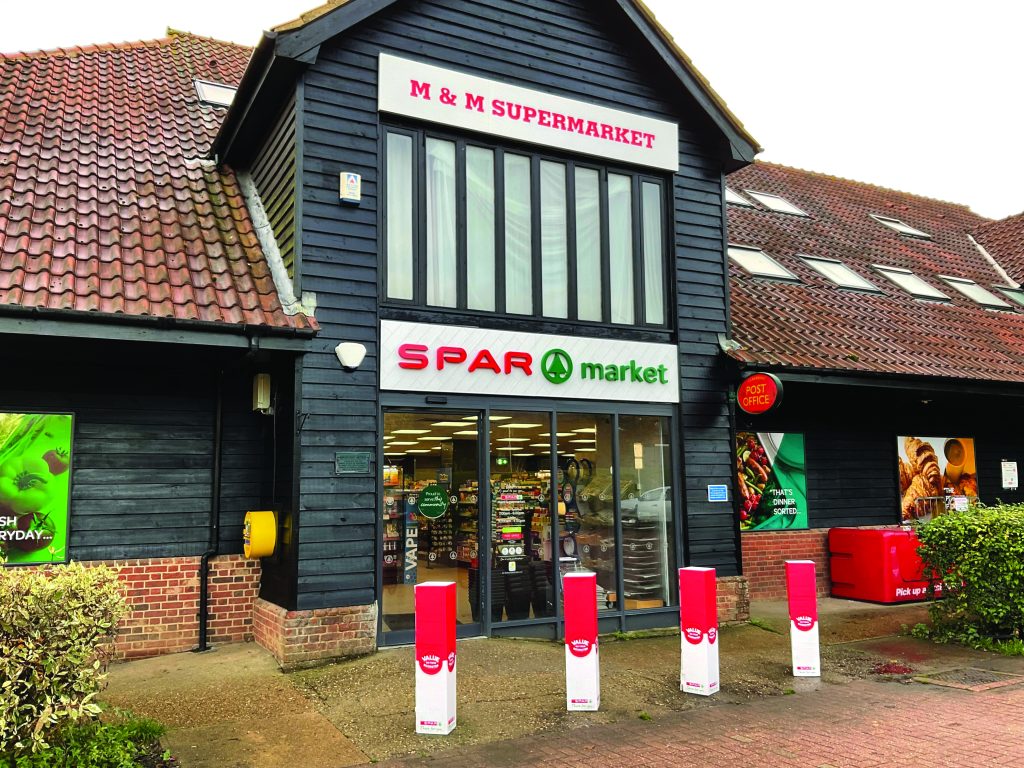 While market data shows the cost-of-living crisis is driving more shoppers towards discounters such as Aldi and Lidl, Hoste is convinced convenience stores – although not primarily known for their low prices – still have a role to play.
While market data shows the cost-of-living crisis is driving more shoppers towards discounters such as Aldi and Lidl, Hoste is convinced convenience stores – although not primarily known for their low prices – still have a role to play.
“For convenience, the opportunity is the local piece. We are on people’s doorsteps, so they are not having to fuel up a car and travel and because they are visiting little and often, they can manage their spend. It’s a balance and, within the whole mix, convenience can help.”
Convenience mix
She therefore expects 2023 will be a strong year for Spar. “We’ve got good plans, good store developments and we are making sure we are still investing from a capital point of view, both in stores and in the distribution network.
“We need to make sure we can still deliver value to the customers, but there’s still an opportunity for convenience within a cost-of-living challenge.”
 Talking Retail Grocery and product news for independent retailers
Talking Retail Grocery and product news for independent retailers
